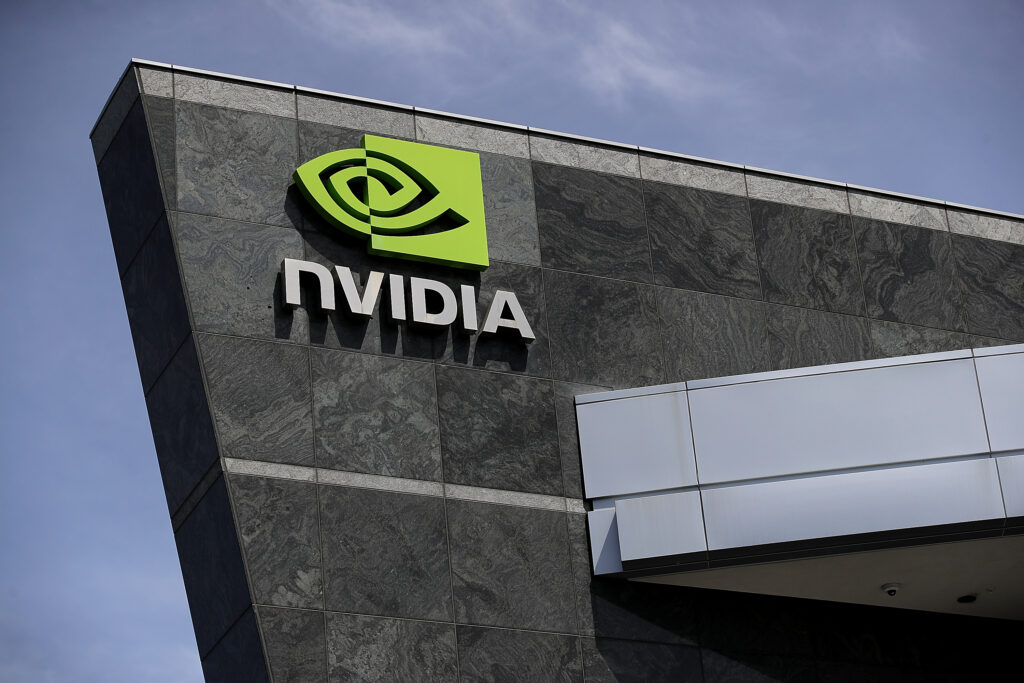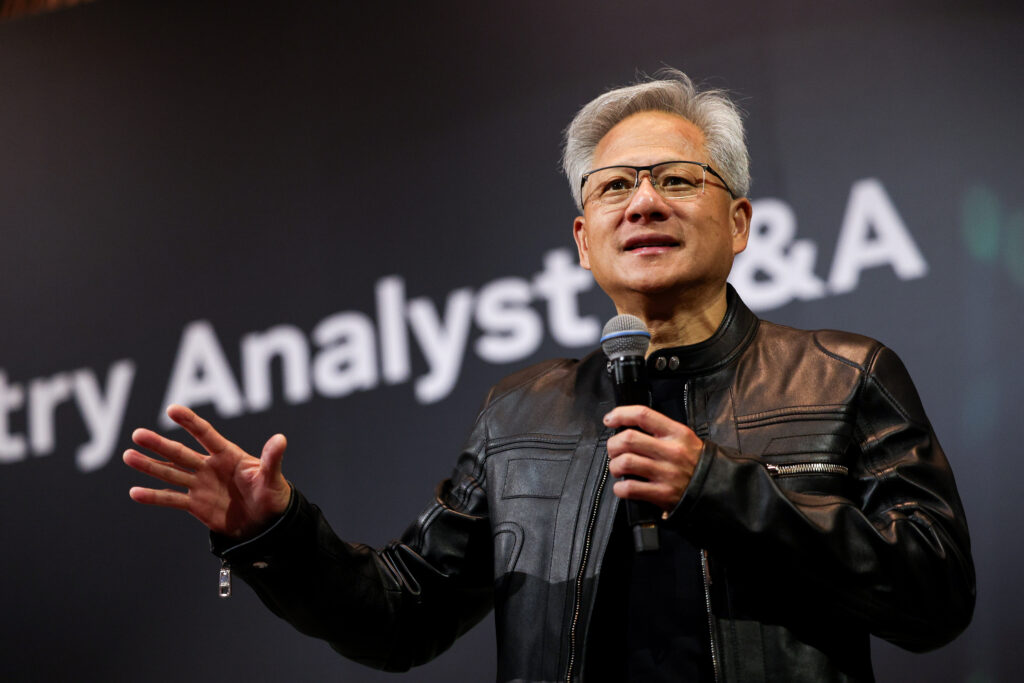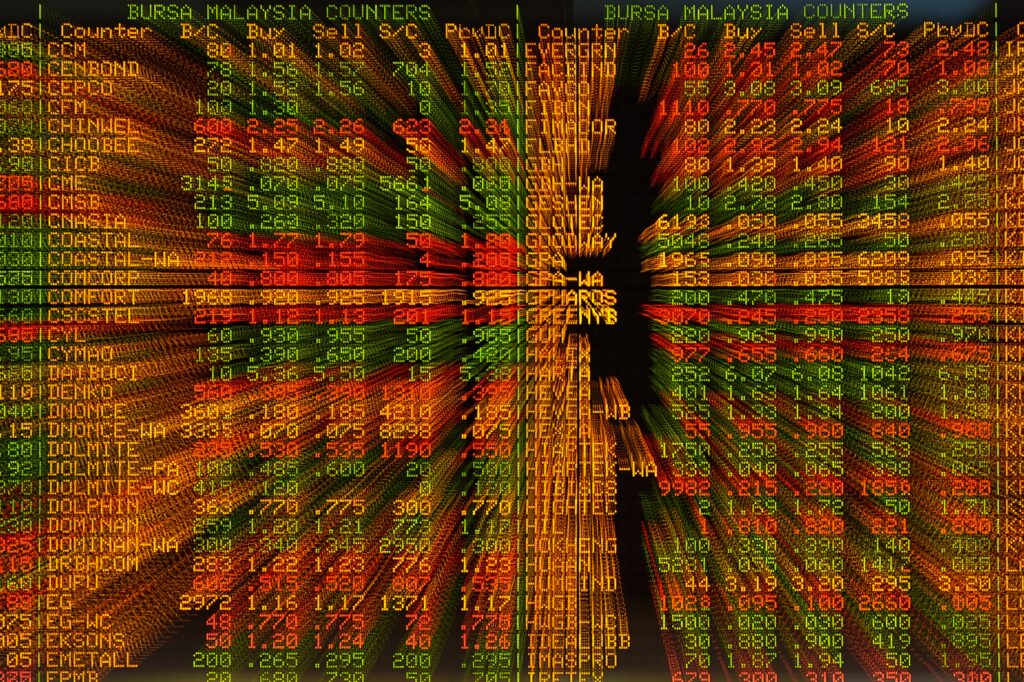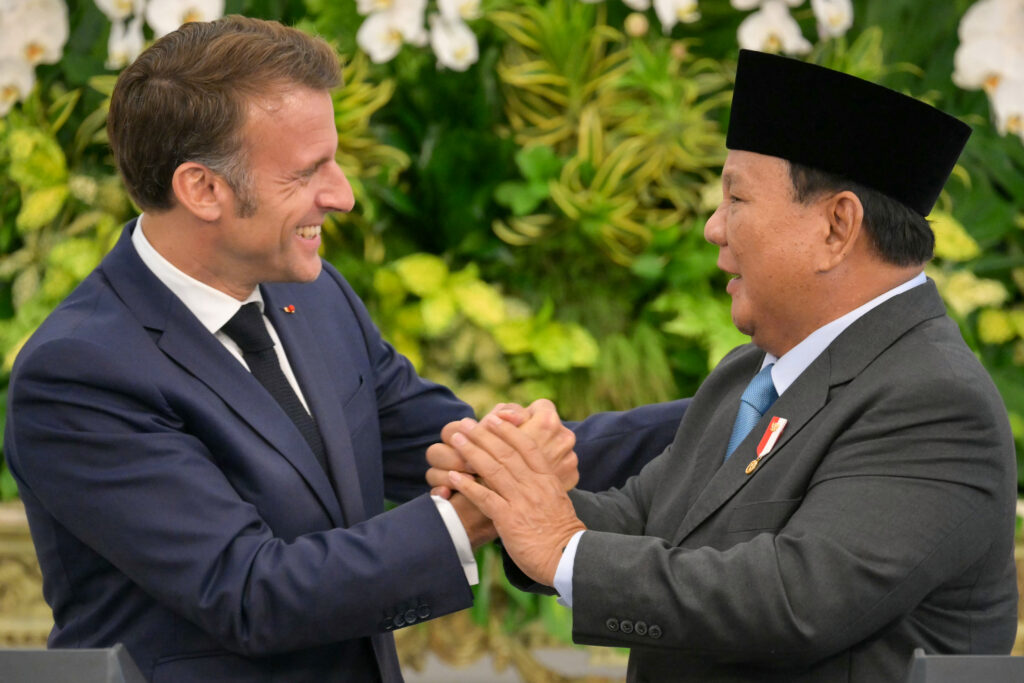Equities rally after US court’s tariff ruling, Nvidia results
Global stocks rallied with US futures on Thursday after a US court blocked Donald Trump’s sweeping tariff blitz, dealing a hefty blow to the president’s signature trade policy and providing some much-needed relief.The ruling provided an extra shot in the arm for investors already upbeat after forecast-busting earnings from chip titan Nvidia revived optimism about the tech sector.And while the White House has appealed against the decision, analysts said traders were making the most of the buying opportunity on hopes the levies will not be imposed.After hearing cases brought by businesses and a coalition of state governments, the three-judge Court of International Trade agreed that the president’s actions violated the power of the purse given to Congress under the Constitution.The White House slammed the ruling by “unelected judges”.China — the main target of Trump’s ire but which reached a deal for a temporary reprieve from most of the duties — urged Washington to “fully cancel the wrongful unilateral” measures, adding that it urged officials to “heed the rational voices from the international community and domestic stakeholders”.News of the ruling revived risk appetite among investors, who remain anxious despite slowly recovering from the shell shock of Trump’s April 2 “Liberation Day” tariffs that fanned fears of a global recession.Markets in Japan and South Korea — major exporters who faced huge tariffs — surged 1.9 percent thanks to rallies in tech firms and automakers. Seoul was also helped by a central bank interest rate cut.Hong Kong piled on more than one percent, while Shanghai, Sydney, Bangkok and Mumbai were also higher with London, Paris and Frankfurt. Futures for all three main indexes in New York were up close to two percent each, while the dollar strengthened against its main peers and safe haven gold fell.- ‘Market exhaling’ -Still, David Chao, Asia Pacific global markets strategist at Invesco, warned: “It’s entirely possible that the Supreme Court rules in Trump’s favour, handing him back the power granted under the IEEPA (International Emergency Economic Powers Act).”He added that “we don’t believe that the latest ruling reduces any uncertainty related to tariff developments. It’s possible that we could see Trump escalate trade tensions further in response”.The gains were helped by a rally in tech firms that came after Nvidia reported better-than-expected first-quarter earnings, even as it faced increased export controls that it warned could cost it billions in the current quarter.The firm posted a profit of $18.8 billion on revenue of $44.1 billion, and forecast strong sales for the second quarter, thanks to still-booming demand for chips to power artificial intelligence.Investors extending the Nvidia-fuelled rally showed “the market exhaling after weeks of white-knuckle volatility sparked by trade war brinkmanship”, Stephen Innes at SPI Asset Management wrote in a commentary.US judges gave a clear message, Innes said: “The Oval Office isn’t a trading desk, and the Constitution isn’t a blank cheque.”The ruling is “a structural pivot in the narrative: from strongman tariffs to institutional guardrails”, he added.”Executive overreach may finally have found its ceiling. And with it, a fresh dose of macro stability — at least until the next headline.”Oil, meanwhile, extended Wednesday’s rally that was already underway ahead of an OPEC meeting to discuss output and rising tensions over Russia and Iran.- Key figures at around 0810 GMT -Tokyo – Nikkei 225: UP 1.9 percent at 38,432.98 (close)Hong Kong – Hang Seng Index: UP 1.4 percent at 23,573.38 (close)Shanghai – Composite: UP 0.7 percent at 3,363.45 (close)London – FTSE 100: UP 0.1 percent at 8.730.59 Euro/dollar: DOWN at $1.1278 from $1.1291 on WednesdayPound/dollar: DOWN at $1.3460 from $1.3468Dollar/yen: UP at 145.20 yen from 144.82 yenEuro/pound: DOWN at 83.72 pence from 83.84 penceWest Texas Intermediate: UP 1.7 percent at $62.89 per barrel Brent North Sea Crude: UP 1.6 percent at $65.96 per barrelNew York – S&P 500: DOWN 0.6 percent at 5,888.55 (close)






